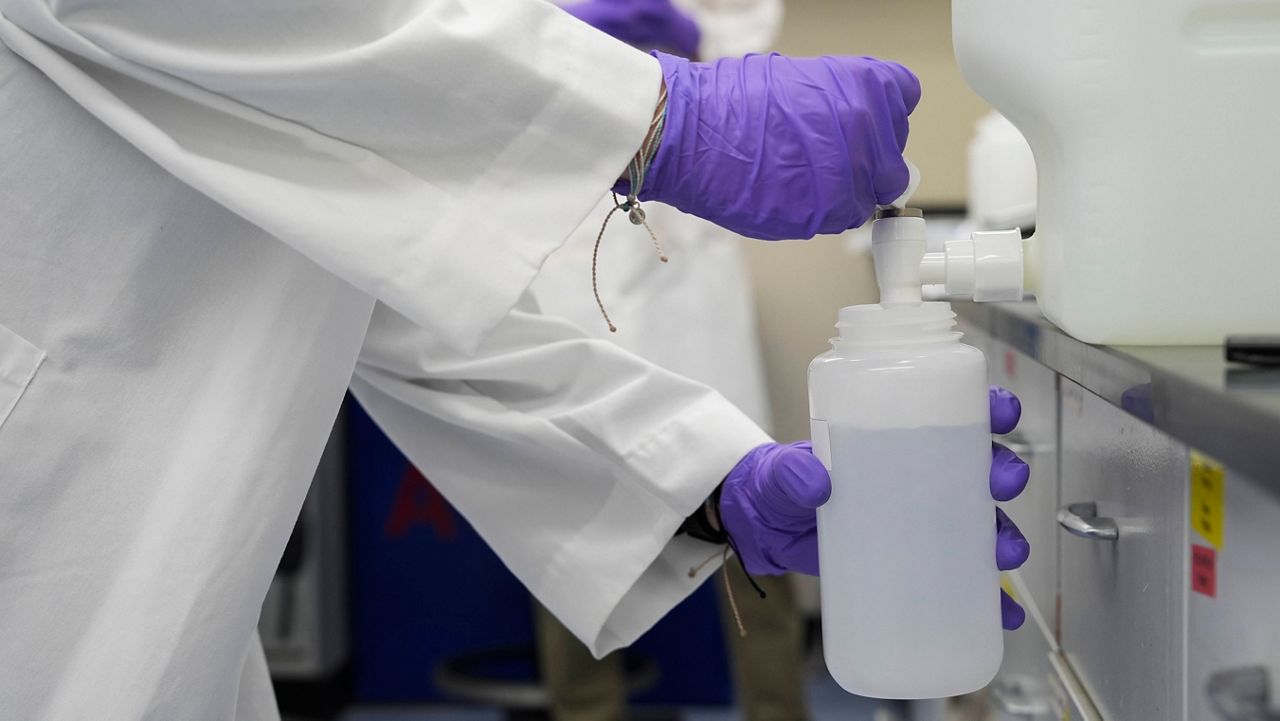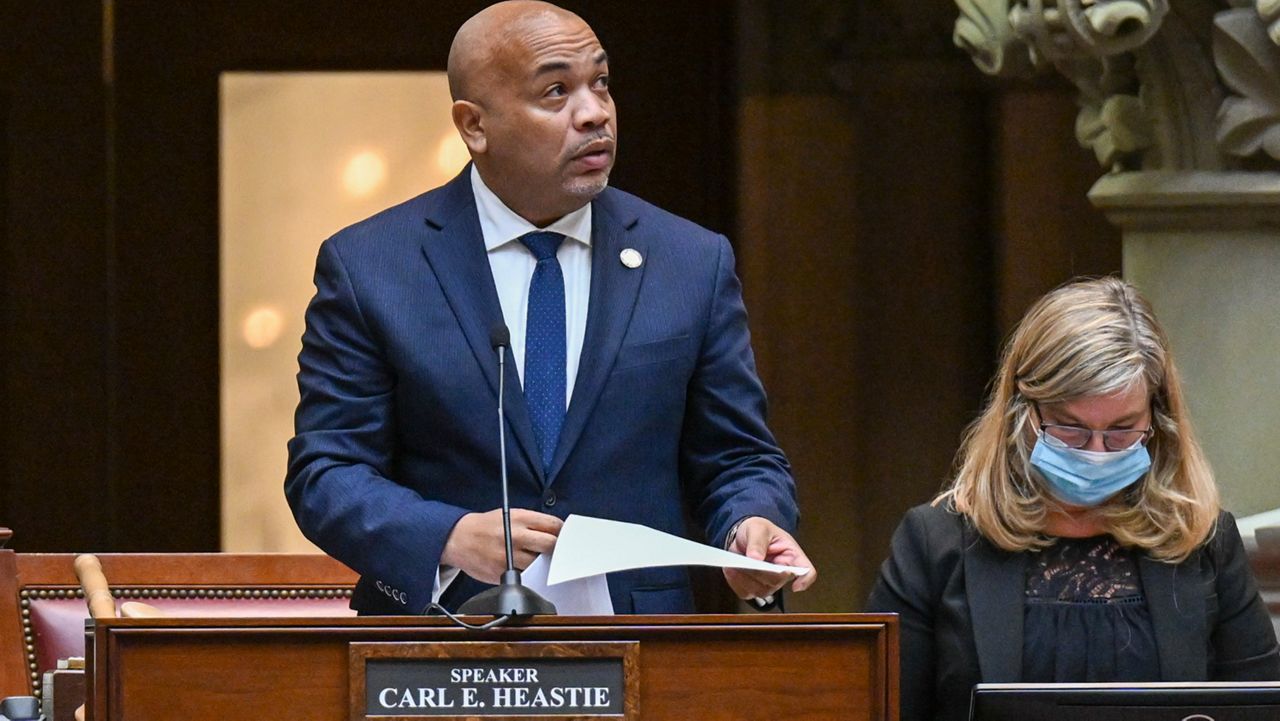New York state is stepping up its efforts to eliminate hepatitis C by 2030, focusing on increased testing and innovative treatment approaches as infection rates remain closely tied to the ongoing opioid epidemic.
The state has implemented a new testing law requiring universal screening for all adults over 18 and pregnant individuals. Additionally, free rapid test kits are being provided to organizations serving high-risk populations.
Dr. Brianna Norton, deputy medical director of the AIDS Institute at the New York State Department of Health, explained the situation: "Unfortunately, we all know that the opioid epidemic is not over. And as we have rising rates of injection drug use that coincides with rising rates of blood-borne infections and particularly hepatitis C."
New York has set ambitious goals, aiming for a 90% reduction in people living with the virus and an 80% increase in those treated and cured by 2030.
Treatment options have significantly improved, with current medications boasting a 95% cure rate after just eight weeks of oral medication. However, barriers to care persist, especially for marginalized communities.
Perry Junjulas, executive director of the Albany Damien Center, emphasized the importance of addressing these challenges.
"We have to combat stigma. We have to combat discrimination. We also have to make sure that the social determinants of health are met for each person," Junjulas said.
To overcome these obstacles, the state is funding community-based clinics, mobile treatment vans, and programs within syringe service centers and homeless shelters.
"We're really funding community-based clinics, federally qualified health centers who really treat the populations most at risk to deliver care in community-based settings," Dr. Norton said.
Despite progress, hepatitis C remains a significant health concern in New York. The state's efforts to increase testing, reduce stigma, and provide accessible treatment options are crucial steps toward achieving its elimination goal by 2030.
For more information on hepatitis C testing and treatment, visit the New York State Department of Health website.










